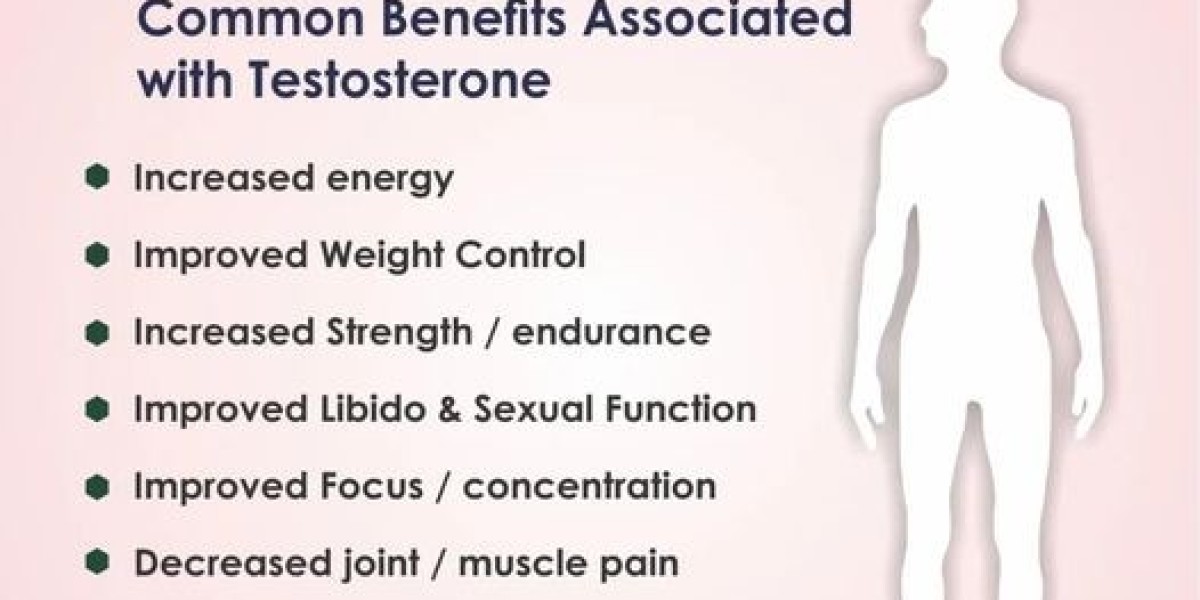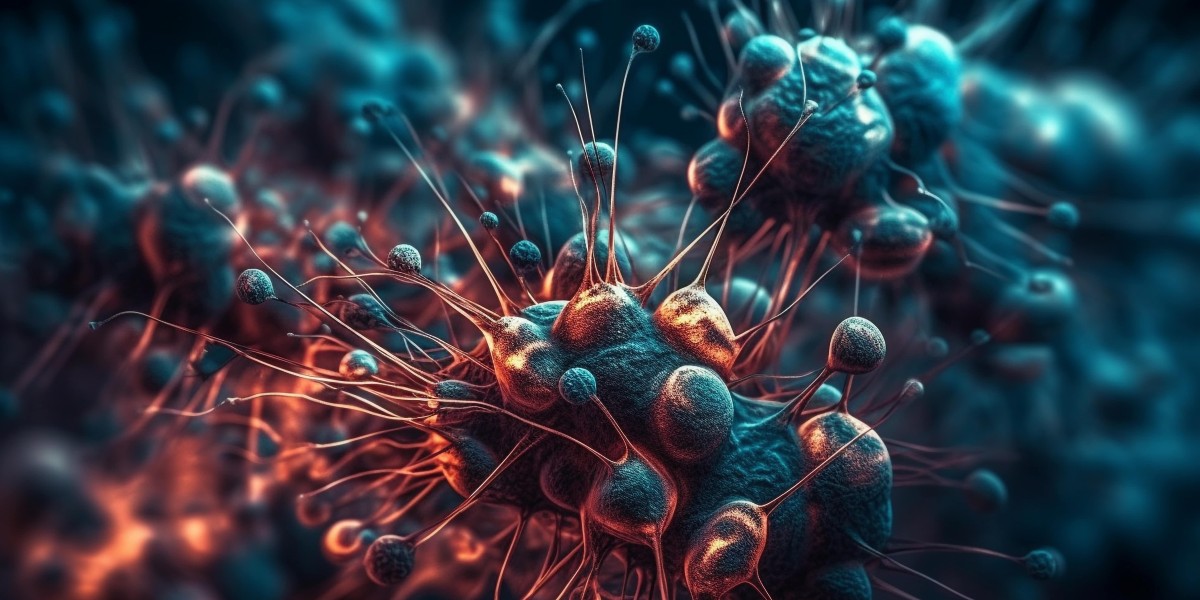Testosterone therapy, or testosterone replacement therapy (TRT), has become a common treatment for men experiencing symptoms of low testosterone levels, particularly as they age. At Hormone Hub, we provide comprehensive insights into the benefits, risks, and expectations surrounding this therapy to help patients make informed decisions about their health.
Benefits of Testosterone Therapy
- Improved Energy and Mood: Many men report increased energy levels and enhanced mood after starting TRT. This can lead to a better quality of life and improved daily functioning.
- Enhanced Sexual Function: Low testosterone often correlates with decreased libido and erectile dysfunction. TRT can help restore sexual desire and improve erectile function in many patients.
- Increased Muscle Mass and Strength: Testosterone plays a vital role in muscle development. Patients undergoing TRT often experience gains in muscle mass and strength, which is particularly beneficial for older men facing age-related muscle loss.
- Better Bone Density: Testosterone contributes to bone health, and therapy can help increase bone density, reducing the risk of osteoporosis.
- Cognitive Benefits: Some studies suggest that TRT may improve cognitive functions such as memory and concentration, although this area requires further research.
Risks of Testosterone Therapy
While the benefits of TRT are appealing, potential risks must be carefully considered:
- Cardiovascular Concerns: There has been ongoing debate regarding the impact of TRT on heart health. Some studies have linked TRT to an increased risk of blood clots, heart attacks, and strokes, particularly in older men or those with pre-existing conditions. However, more recent research indicates that TRT may not significantly increase cardiovascular risks for most men.
- Prostate Health: Testosterone can stimulate prostate growth, potentially exacerbating benign prostatic hyperplasia (BPH) symptoms or accelerating the growth of existing prostate cancer. Regular monitoring of prostate-specific antigen (PSA) levels is essential for men undergoing TRT.
- Infertility: TRT can decrease sperm production, leading to infertility in some men. Those considering fatherhood should discuss this risk with their healthcare provider before starting treatment.
- Sleep Apnea: Testosterone therapy may worsen sleep apnea in some patients, necessitating careful evaluation before initiating treatment.
- Other Side Effects: Common side effects include acne, breast tenderness, swelling in the ankles, and increased red blood cell count, which can raise the risk of clotting.
What to Expect from Testosterone Therapy
Before starting TRT at Hormone Hub, patients undergo a thorough evaluation that includes blood tests to confirm low testosterone levels and assess overall health. Once treatment begins, it typically takes several weeks to notice improvements in symptoms such as energy levels and libido.
Regular follow-up appointments are crucial for monitoring hormone levels and any potential side effects. Adjustments to the treatment plan may be necessary based on individual responses and health changes.
Conclusion
Testosterone therapy can offer significant benefits for men experiencing symptoms related to low testosterone levels; however, it is essential to weigh these benefits against potential risks carefully. At Hormone Hub, we emphasize open communication between patients and healthcare providers to ensure informed decision-making regarding testosterone therapy in FC Road Pune. By understanding what to expect from treatment and maintaining regular monitoring, patients can optimize their health outcomes while minimizing risks associated with testosterone replacement therapy.
For those considering TRT, consulting with our qualified healthcare professionals at Hormone Hub is the first step toward improving quality of life through effective hormone management.



